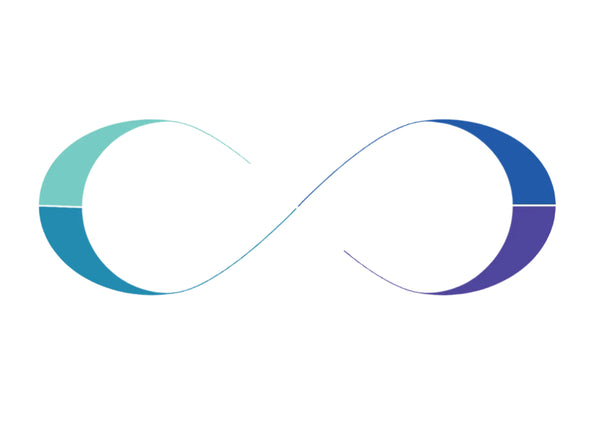
Breaking Up With Excel: Why It’s Time to Automate Your Financial Life
Share
Let’s face it, Excel had a good run.
For years, it was the go-to tool for managing budgets, tracking expenses, and feeling like you were on top of your financial life. But now? It’s more like that ex you keep going back to out of habit, not because it’s actually working. Between broken formulas, endless tabs, and the constant need for manual updates, Excel has become more of a chore than a solution. In today’s world of smart technology and intelligent automation, it’s time to ask: Why are we still clinging to spreadsheets when AI can do it better, faster, and smarter?
Why are we still using Excel for personal finances in 2025?
Let’s be honest, Excel has served us well for decades. Budgeting, tracking expenses, creating income projections, even listing groceries, Excel’s been there for all of it. But like an outdated relationship, what once felt convenient and efficient now feels slow, clunky, and, frankly, exhausting.
If managing your finances still involves a maze of tabs, formulas you’ve forgotten how to fix, and manual data entry every month, then this is your sign: it’s time to move on.
What’s the problem with using Excel for managing personal finances?
Excel wasn’t built for personal finance management, it’s a spreadsheet tool, not a financial assistant. It relies heavily on manual input, which opens the door to human error. If you miss a cell, break a formula, or forget to update your balance, your entire budget could be off. Plus, Excel doesn’t notify you when bills are due or help you make smarter money decisions. It’s reactive, not proactive.
Isn’t using Excel better than using nothing at all?
Technically yes, but in 2025, "better than nothing" isn’t enough. You deserve tools that do the heavy lifting for you. While Excel keeps you in the driver’s seat, AI-based automation helps you actually reach your financial destination, with fewer wrong turns.
So what does “financial automation” mean exactly?
Think of it like hiring a digital financial assistant. Financial automation means using smart tools that track, manage, and optimize your money for you. These tools connect to your bank accounts, categorize expenses, set savings goals, alert you when something’s off, and even predict future spending based on your habits, all in real time.
What kind of tasks can I automate in my financial life?
More than you might think! Here’s a quick list:
-
Bill payments and due date reminders
-
Budget creation based on your actual spending habits
-
Monthly income vs. expense tracking
-
Saving for specific goals (like travel, rent, or emergencies)
-
Debt payoff strategies
-
Expense categorization
-
Alerts for unusual or risky transactions
Is financial automation secure?
Absolutely. Most AI financial agents use bank-level encryption and never store your login credentials. The best platforms work through read-only access, meaning they can analyze your finances but not move money without your permission.
What if I’m not “techy” enough for automation tools?
That’s the beauty of it, you don’t have to be. Today’s tools are designed with simplicity in mind. You don’t need to write a single formula or understand financial jargon. The interfaces are clean, the features are intuitive, and the setup usually takes less than 10 minutes.
Can AI really replace the control I feel with Excel?
Not replace, enhance. You’re still in control, but now you have insights, alerts, and suggestions that Excel simply can’t provide. With AI on your side, you're no longer reacting to your finances, you’re managing them with confidence.
FAQS
Q: Can I still use Excel alongside automation tools?
Yes! Some people use Excel for tracking specific side projects, but rely on automation for the day-to-day stuff.
Q: Will automation make me better at saving?
Most likely. AI tools can set up automatic savings, track your progress, and even suggest when and how much to save based on your habits.
Do I have to connect my bank account?
If you want the full benefits, yes. But reputable tools only use encrypted, read-only connections.
Q: How much do financial automation tools usually cost?
Many offer free basic plans, while more advanced features might come with a small monthly fee. Still far cheaper than poor financial decisions.
Meet Your New Financial Sidekick: Ramzy
At this point, you’re probably thinking: This sounds great, but where do I start?
Let us introduce you to Ramzy, an AI-powered financial assistant created by EDEN. Ramzy doesn’t just track your money, it understands your goals and helps you reach them. Whether you're trying to stay within budget, plan your next vacation, or build long-term savings, Ramzy has your back.
No spreadsheets. No stress. Just smart financial decisions made easier.
Ready to break up with Excel for good?
Visit edenmea.com and meet Ramzy today.
